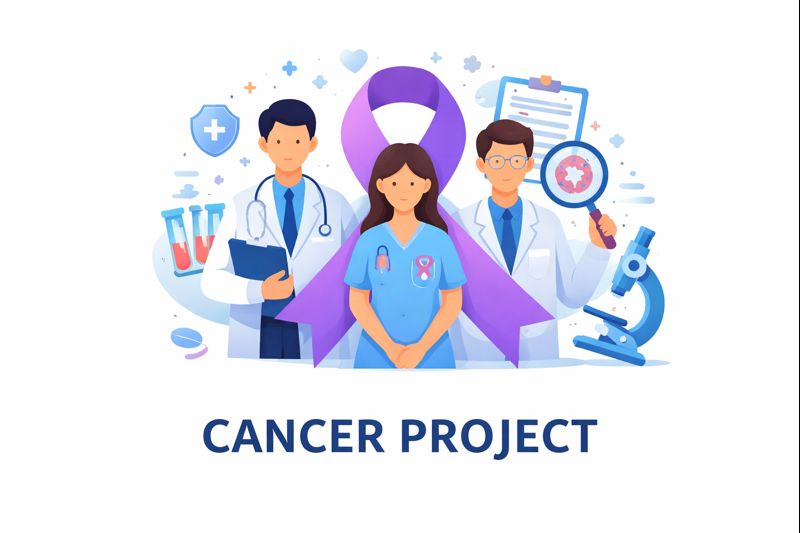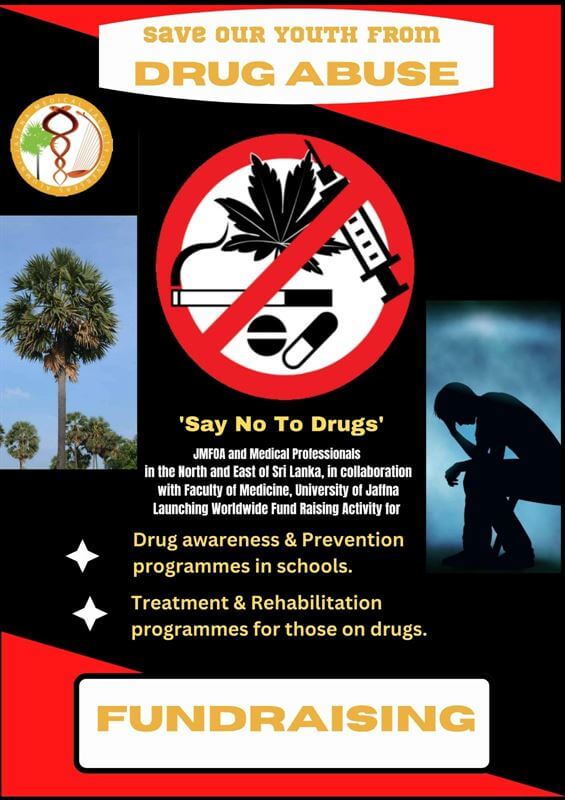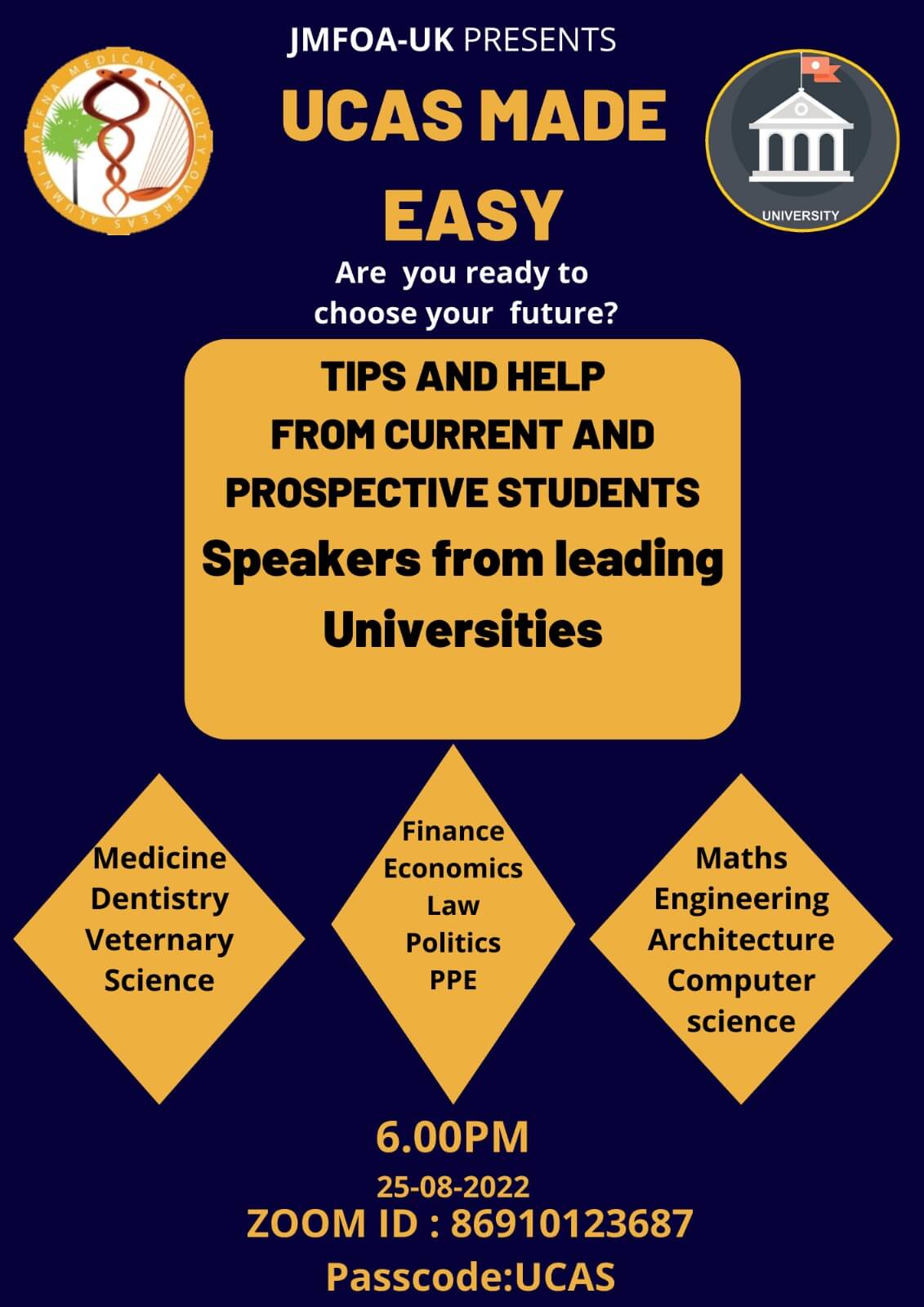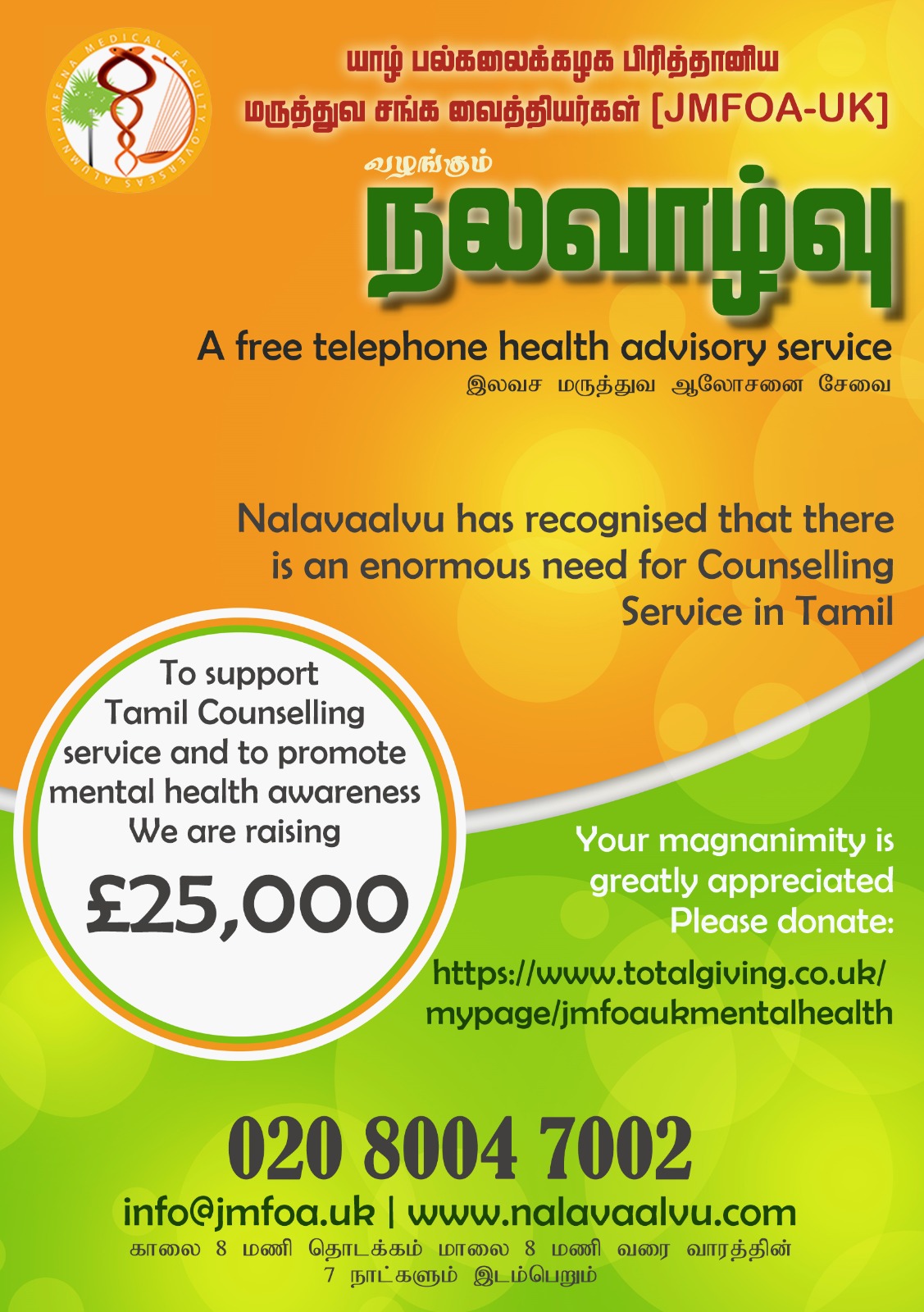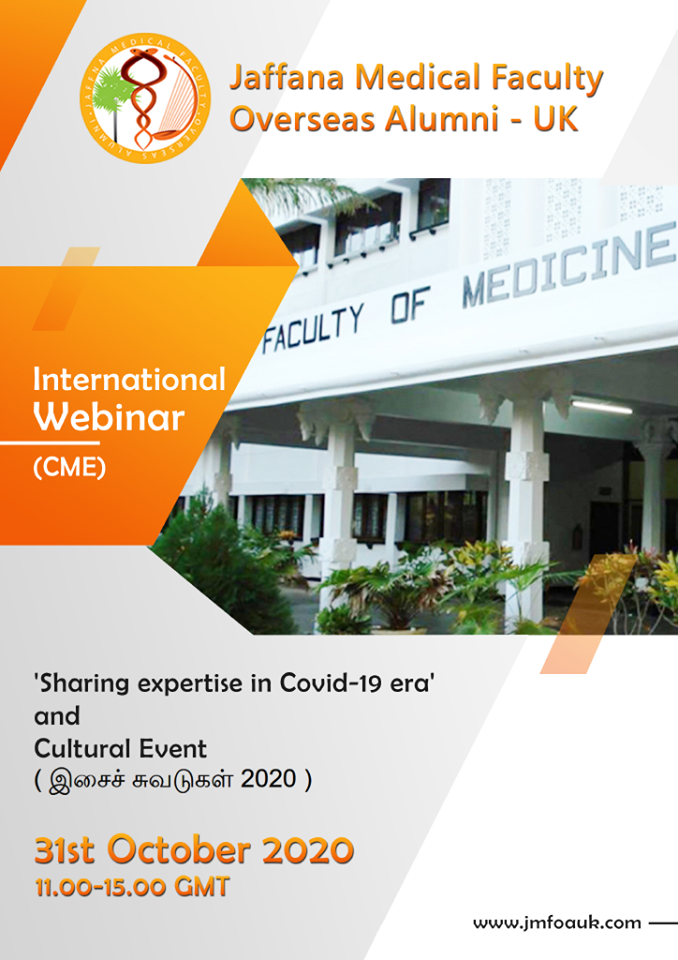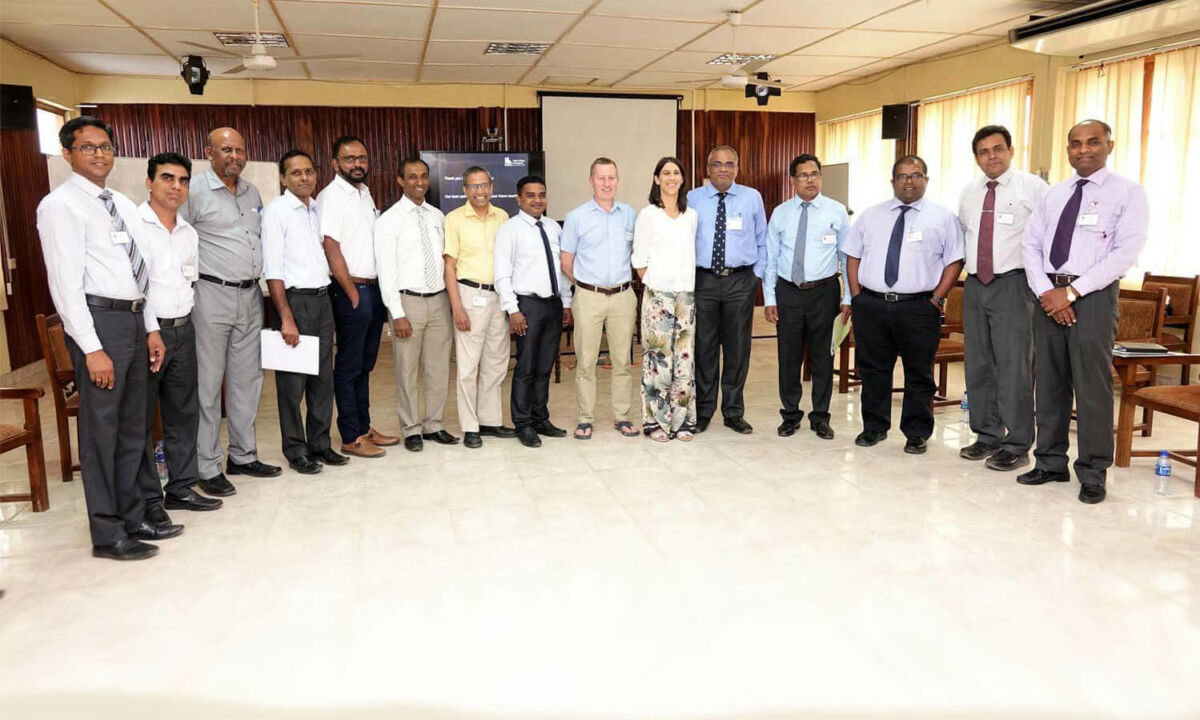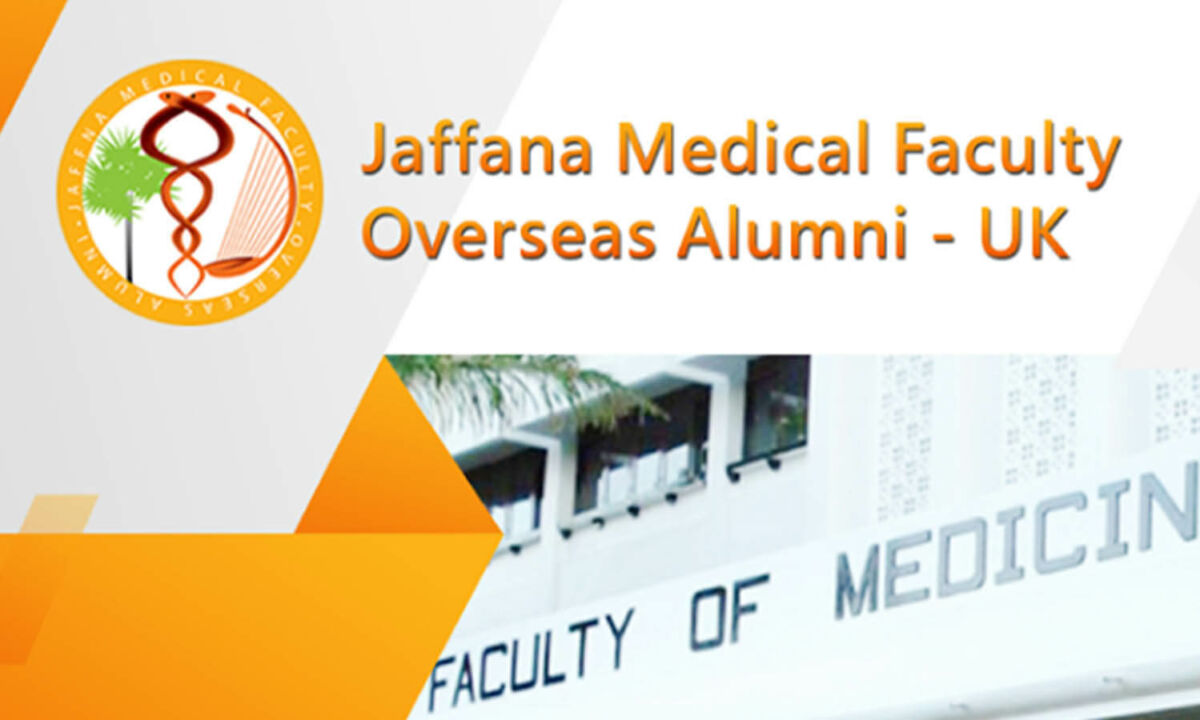The good physician treats the disease; the great physician treats the patient who has the disease-William Osler
Many years ago there was a Hollywood film titled ‘The Doctor’. The story was about an ENT surgeon who was a skillful surgeon with a reputation for successful outcomes. However he tended to be arrogant and had a brusque manner with his patients. He would often make fun of an ENT colleague who, on the other hand, spent a lot of time with his patients to the point that he would even talk to them before surgery when they were already under general anaesthesia!
The surgeon unfortunately developed a change in voice and was diagnosed by another ENT colleague to have a growth on his vocal cord. Unfortunately this lady ENT surgeon he had gone to was very much like himself and was abrupt and would not address his concerns to his satisfaction much to his disgust. Highly upset, he then decided to go to the very surgeon he used to belittle and make fun of!
Following his successful surgery, his experiences as a patient completely transformed his outlook and attitude towards his own patients. He became more open, approachable, patient and empathetic. His approach was altered to the extent that he insisted that all medical students sent to him for training had to experience what it was like to be a patient. He therefore insisted that for two days at the start of their appointment they wore hospital gowns and underwent procedures such as having enemas and blood tests!
It would indeed be a novel and unique approach if here in Jaffna we were to introduce such a program for our students as part of their curriculum! Who is to say that such an experience may not help them better understand their future patients? Ofcourse I say this in a light hearted vein. However, of great concern to many, not just in our profession but in our society, is how we can make the doctors of today and tomorrow more responsive to the needs of their patients.
What makes a Good Doctor?
Medicine is one of the most prestigious, well paid and highly regarded professions around the world. This is even more so in a country like ours where parents aspire to such a profession for their children from an early stage and do everything possible to make it happen because of the many benefits that such a profession can bring to not only the child but to his family. It requires a certain amount of intelligence and a lot of motivation and hard work just to get into medical school. Once in, the individual has to put in even more hard work and dedication to get through the arduous course over the period of five challenging years.
Once you begin practicing as a doctor you face different situations and challenges for which the five years in medical school may not have fully prepared the individual. Under these circumstances what does it take for a doctor to succeed? What makes a good doctor?
It goes without saying that the same level of intelligence and determination necessary as a medical student will be required of the doctor. However, there are other qualities that are required for a doctor to be considered a ‘good’ doctor by his patients and colleagues.
It could be said that the minimum qualities required of a good doctor can be encapsulated in the Six C’s.
- A good doctor should be
- Competent
- Compassionate
- Conscientious
- Curious
- A good Communicator
- Respect Confidentiality
Having these qualities in my opinion would make even a person with unexceptional intelligence an excellent doctor to his patients and a role model to colleagues and juniors.
Competence
It is known that in some parts of the world money can buy you any qualification that you want.This is true also of medical degrees. This is not to say that only the super intelligent can or ought to become doctors but it goes without saying that a certain degree of intelligence and a great deal of hard work is required. Many doctors however tend to be satisfied with the knowledge that is acquired as medical students without appreciating the fact that medicine being such a fast advancing field one has to keep up with developments to provide the best for our patients. It has become necessary for regulating bodies such as medical councils to insist that all doctors demonstrate basic capability and up to date knowledge years after qualification. This was needed as some doctors failed to understand the importance of this.
In Sri Lanka at present opportunities for Continuous Medical Education (CME) is limited to the bigger hospitals and even there the often poor attendance at workshops and courses is a cause for concern. There is no current regulation by the SLMC to monitor this. There appears to be not much effort at staying up to date except for those undergoing postgraduate training and the specialists who of course have to stay knowledgeable in their own field of work and will do so even if only to stay competitive. Another worry is that many doctors who are not specialists but have been working in a particular field for many years who then provide general practitioner type services to the public outside their normal work without necessarily being up to date in all the other areas of medicine. Technology has made the latest information available at our finger tips and doctors should make much more use of this, otherwise we will soon face a situation where our patients will come in to consult us with more up to date information about their problems. It may be soon necessary for the SLMC or government to insist that doctors demonstrate satisfactory competence every few years.
To be a good doctor therefore requires competency and keeping up to date
Compassion
‘To cure sometimes, relieve often and comfort always’
Patients come to see the doctor to have their anxieties and fears alleviated as much as having their illness diagnosed and treated. Being able to understand this when seeing them is of prime importance if one is to succeed as a doctor. Empathy is something we feel by being able to put ourselves in the other person’s place. This is not always possible for most of us. However being able to feel compassion is the next best thing. We need to demonstrate to our patients that we are not only trying to understand them by being good listeners but that we sympathise with them in their difficulty and be able to reassure them that we will try our utmost to help them. It is not a bad thing for a doctor or student to think when dealing with a patient as to how they would want a loved one in a similar situation looked after and treated.
Conscientious
Many readers I am sure would have had the experience of bad customer service when visiting a shop or restaurant. Sometimes one sees an attitude on the part of the shop assistant where the customer is made to feel that a special favor is being done to them and not vice versa where the customer’s purchase is paying the salary of the sales assistant! A doctor has to provide high quality care and to do that there has to be a sense of duty and responsibility to the patient and to the institution. Doctors remain one of the highest paid professionals and it is incumbent on them to provide value for money.
In a country like ours doctors are indeed fortunate that an expensive medical education does not have to be paid for and even postgraduate studies are at a minimal cost. As I point out to my students we are indeed blessed to work in a profession where we are actually paid a lot of money to help people! We as doctors need to remember this and carry out our duties with professionalism. Being on time for work and doing our hours of work to the best of our abilities is the minimum that is required of us. We need to be honest in carrying out our responsibilities.
Curious
Curiosity and the ability to think for oneself are traits that the educational system in our land does its best to eradicate the moment a child enters school! To be a good doctor demands that we be curious about our patients and the world we live in. When presented with a challenging clinical problem a good doctor should allow their inherent curiosity to help lead them to an accurate diagnosis. This is possible only if we retain a high degree of childlike curiosity and a willingness to work out problems.
Communicator
How many times have patients been to highly reputed, intelligent doctors and left dissatisfied. This is usually because the doctor has not listened to them patiently or has been unable to tell the patients in plain and easy to understand language what their problem is. Time is an important factor in good communication. Unfortunately this is a commodity hard to find in busy government clinics and even less so in the private arena where time is at a premium. Even within the constraints of a busy clinic it is still possible to be able to communicate effectively and simply if we make the effort to do so. We often forget that being a good listener is an important part of being good at communication. Too often doctors tend to interrupt patients. Allowing the patient to talk might help them reveal the answers the doctor is looking for. Good communication isn’t just for being friendly but it is a vital skill for doctors to understand their patient’s problems and to explain a diagnoses.
Good communication with colleagues and other health care workers is also imperative if we are to ensure that the best possible care is provided to our patients since health care is a team effort.
Confidentiality
Though it is a legal requirement that a patient’s medical details are kept confidential we know that this is not always the case. Of course in a crowded government clinic keeping patient details confidential is sometimes impossible especially with the next person in line trying to listen in on every word said! Some patients may not mind their details being overheard but many patients, particularly depending on their problem, will want their privacy respected. Confidentiality means not just keeping a patient’s details and diagnoses private but also respecting their privacy and dignity during an examination or procedure. This again is something easy to overlook in crowded government clinics and wards. None the less doctors need to respect this aspect of a patient’s care and do everything possible to safeguard their privacy. Doctors are notorious for sharing information all too easily with colleagues about patients even when there is no medical reason for doing so. Discussing a patient for the sake of gossip or prurience is not acceptable. With technology taking over and the arrival of electronic medical records even in this country, the matter of patient confidentiality becomes an issue of even greater concern and doctors must constantly remind themselves of the trust placed in them by their patients.
There are of course many other attributes one could think of when considering the qualities required of a doctor. In my view though, if a doctor is able to embrace the Six C’s mentioned above I am confident that they will indeed be considered as a ‘Good Doctor’ by the people who matter the most, their patients. A simple way for a doctor or medical student to remind themselves to be the best they can be for their patient is to ask themselves what would they want for the patient if it happened to be somebody close to them.
Many patients have been heard to use the expression ifuhrp ( kairasi) when referring to their doctor’s treatment. It is difficult to explain the term clearly but what is suggested is that the patient felt better not just due to the competence but also due to the whole demeanor of a caring doctor. We are indeed blessed to work in a profession that offers us the opportunity every day to help our fellow humans. Let us remember to always try to strengthen the trust and confidence that the community places in our profession by being the best that we can be.
‘Wherever the art of medicine is loved there is also a love of humanity’ – Hippocrates
DISCLAIMER: The information on this blog is for News Reporting and Educational Purposes Only.

